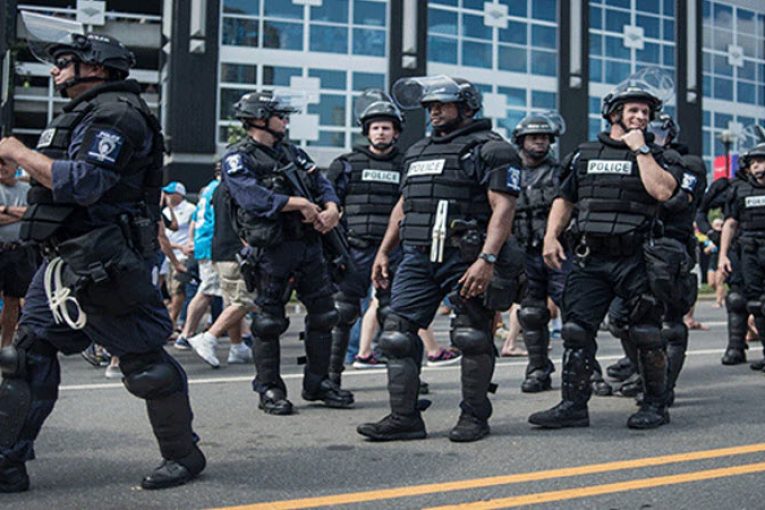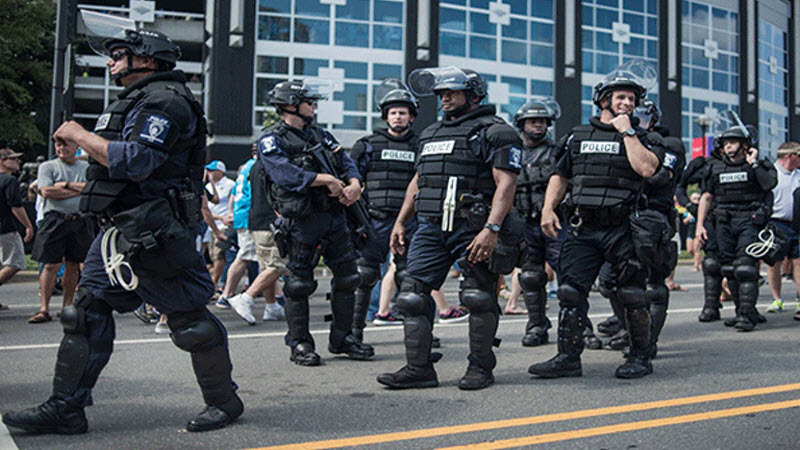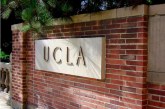

By Joshua Cenzano
SEATTLE, WA – A University of Washington study indicates forensic examiners have been undercounting at least half of all police killings – more than 17,000 deaths between 1980 and 2018.
The objectivity and reliability of federal and state medical examiners have come under scrutiny with the publication of this study that complements an existing issue of racial systemic bias within police systems, adding concerns to the field of forensic pathology.
Considering that police kill Black people 3.5 times more than White people, the study concluding that forensic examiners have been similarly underreporting Black deaths places additional scrutiny on police departments as a whole.
The scientific procedures that forensic examiners should be following have nevertheless not prevented this inequity with medical examinations, said the study, noting that Americans generally trust forensic examiners’ medical credentials despite the evidence  presented regarding the racial inequities.
presented regarding the racial inequities.
A possible cause for this discrepancy is examiners’ professional closeness with police officers and investigators, acting rarely as neutrals, the UW reports adds.
Police are generally among the only parties that can interact with examiners during autopsies, creating inherent bias and allowing the systemic bias of policing to permeate into the world of medical examination, said the study, which notes that defense attorneys are rarely allowed access and so examiners’ dynamic is quite police-centric.
In a 2011 study, nearly a quarter of examiners claimed that they had been pressured by governmental officials to change a cause or manner of death on a death certificate.
Many examiners claim to hold onto medical objectivity and hold themselves above simple human cognitive biases. This conclusion is generally considered to be irrational and unscientific but is nonetheless held by a number of examiners and by Americans at large, critics note.
The UW study explains that patient medical history is rarely appropriately used during examinations, and examiners commonly fall victim to contextual biases through nonmedical background information provided by police.
This can lead to implicit acceptances of police biases and preconceptions and affects the supposed neutrality that medical examination should have, said researchers, adding that this absence of rigorous science can lead to a plethora of false negatives which can have disastrous consequences.
A Nevada study recently found Black children were more commonly found to have died on homicides than White children. Pathologists conducted hypothetical studies and altered only the child’s race, which produced varying results among examiners, exemplifying this phenomenon.
Forensic pathologists have sought to suppress this study. They demanded additional peer-review and sought censorship from the journal’s publisher. The efforts failed.
Medical examiners and doctors have an important role in law enforcement and their neutrality is a cornerstone of investigation, the UW study argues, and scientific rigor should be the primary restraint and the causes of implicit biases must be addressed.





